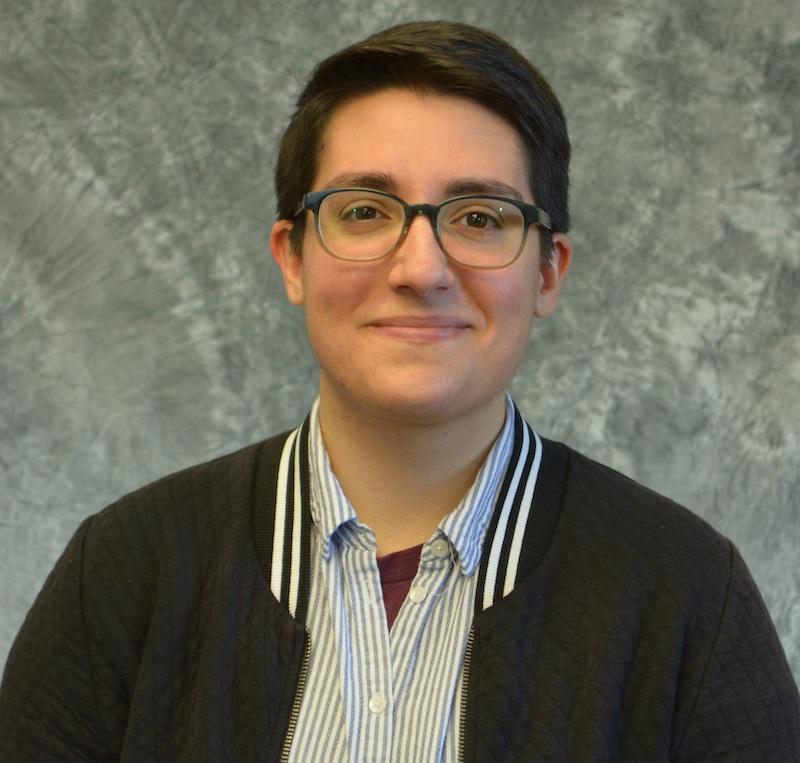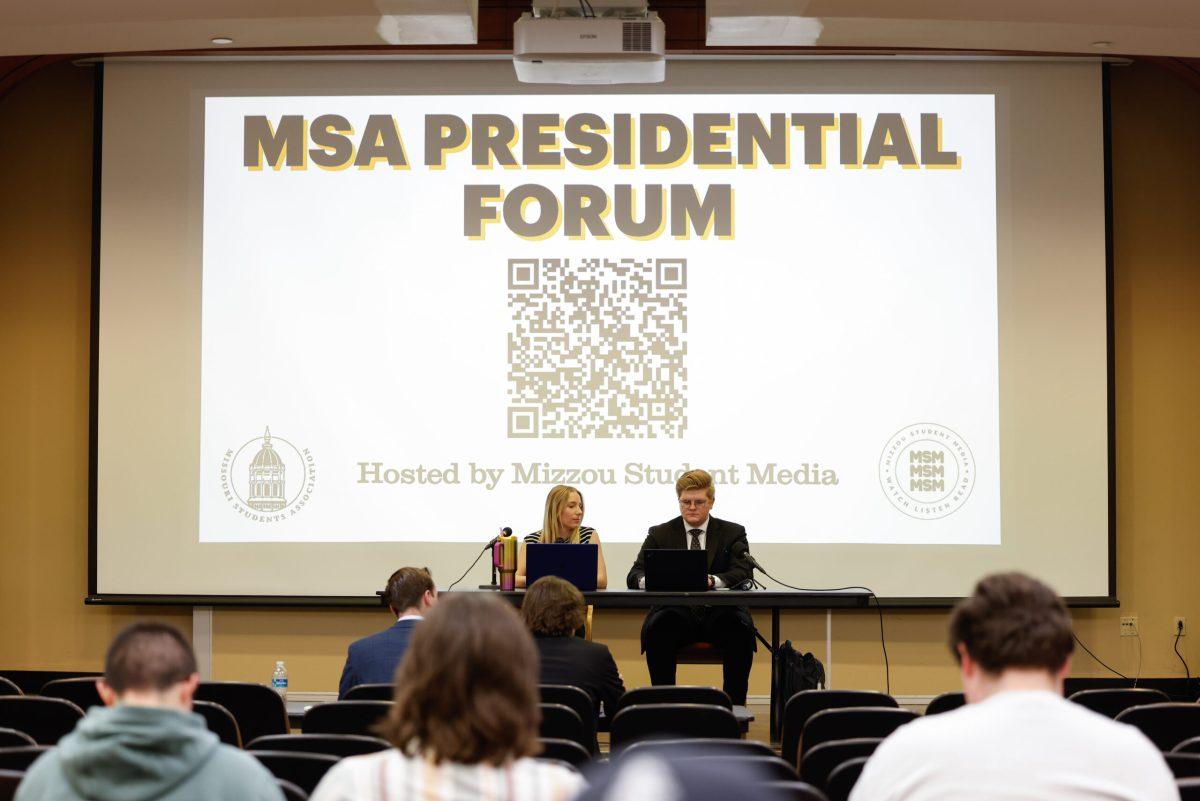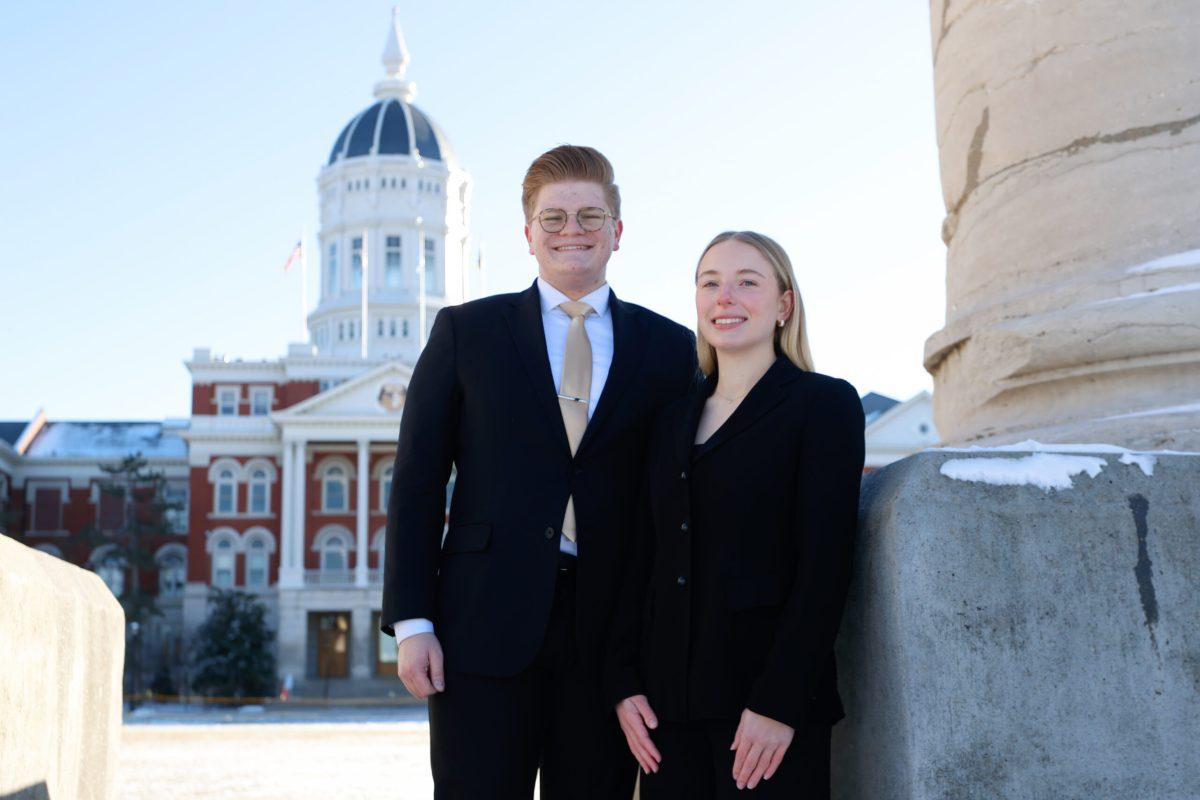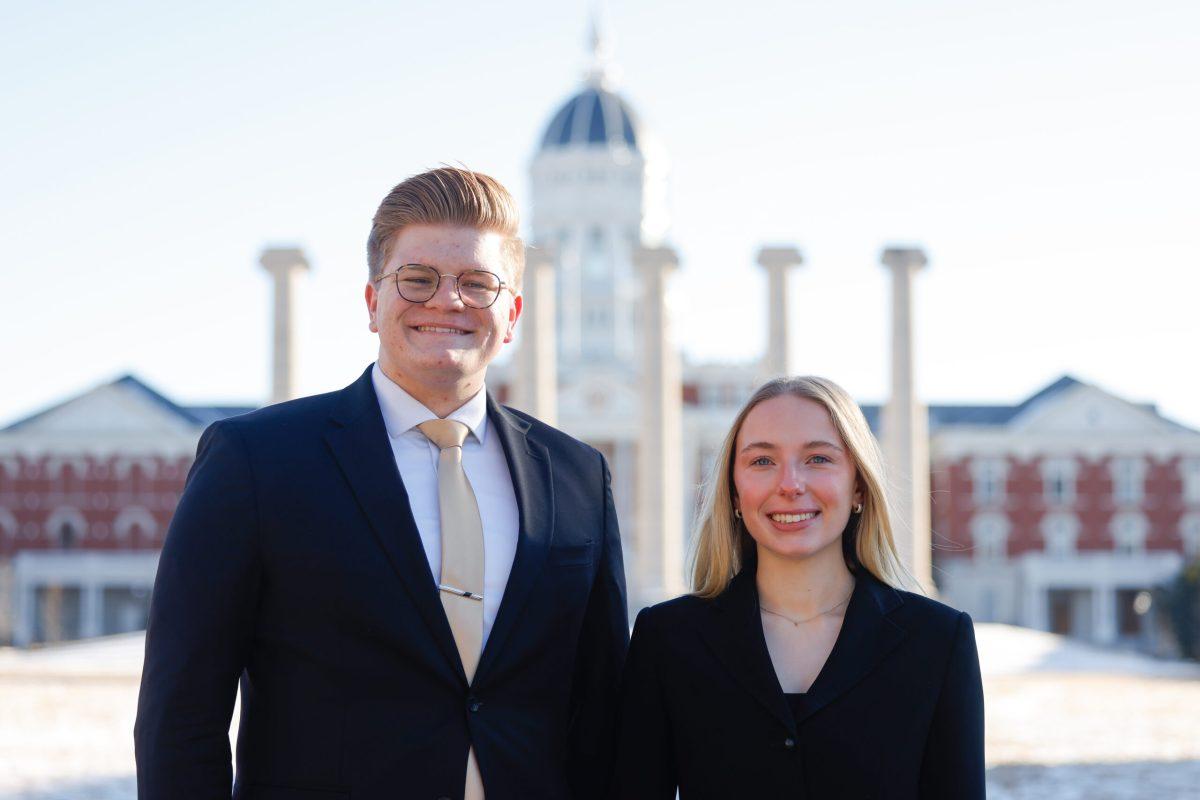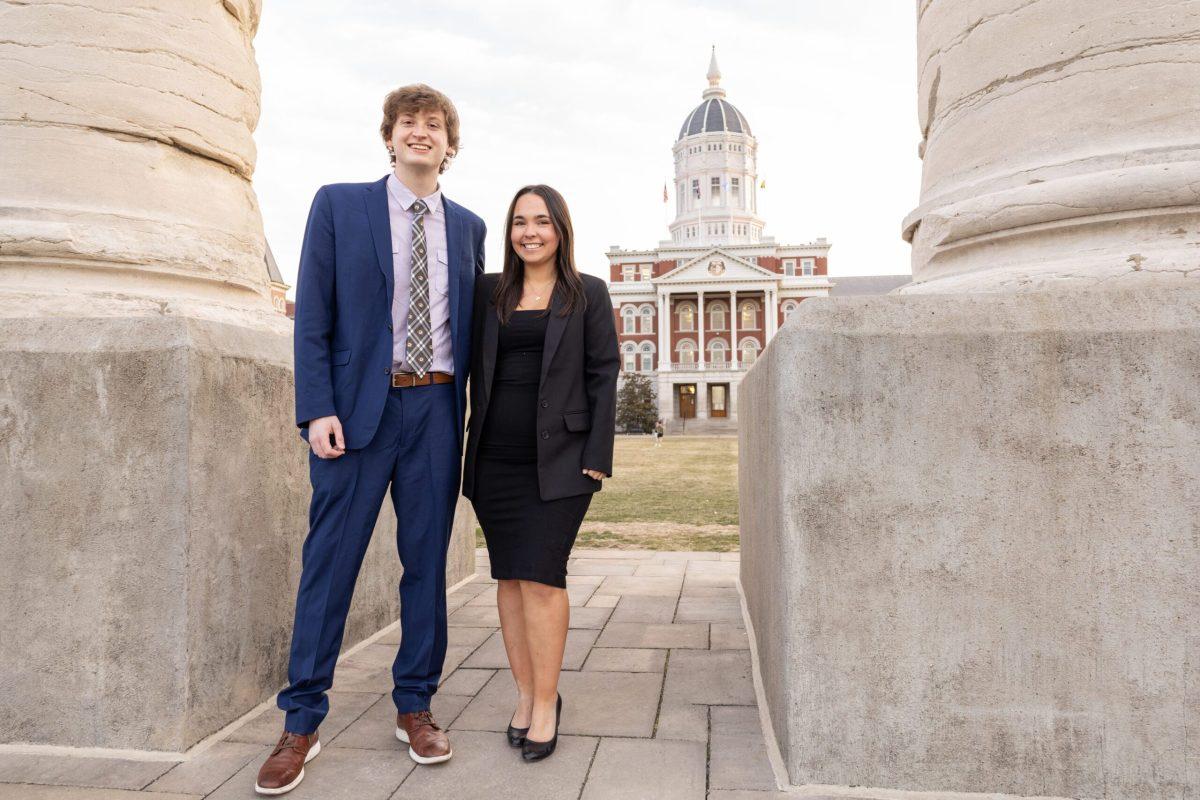For Melina Constantine Miseo, a sociology class changed the way they look at the world. Miseo, this year’s recipient of the MU Inclusive Excellence and Engagement Individual Award, is now pursuing their Ph.D. in sociology at MU.
Rebecca Scott, Miseo’s adviser and director of undergraduate studies in the sociology department, wrote a letter of recommendation for Miseo to receive the award.
Scott pointed to Miseo’s involvement in the Columbia LGBTQ community, like speaking at a Columbia city council meeting Oct. 8 to ban conversion therapy for minors. “That’s just another example of how they are standing up for the youth of Columbia,” Scott said.
“I can’t really say enough about what Melina’s been doing for the youth of this community.”
Miseo took a sociology class their freshman year at Western New England University and fell in love with how sociology viewed the world.
“The class completely blew my mind and changed the way I see the world and the way I think about myself,” they said.
Now in their fifth year as a Ph.D. student at MU, Miseo is still deciding what they want to go into after they get their degree.
“I like providing people with the resources and skills to learn more about marginalized communities, particularly about LGBTQ stuff, about gender,” Miseo said. “I also am really passionate about using that knowledge and information to better our communities and better our world.”
Miseo currently teaches a transgender studies class at MU. They had been teaching sociology of gender as a grad student for the last few semesters but saw the need for a class that would specifically cover transgender topics.
“In the class we learn about the often erased and untold stories of trans history and how trans people have been a really prominent part of history throughout every corner of the world,” Miseo said.
Miseo will be teaching a LGBTQ youth studies class next semester, and it will be the first time the class is offered at MU. The class will focus on pathologization of LGBTQ youth, youth in K-12 education and family relationships. Pathologization involves treating LGBTQ youth as other or even inhuman.
The class centers around Miseo’s research focus: transgender youth and their relationship to their parents.
“In this trans studies class, the cisgender students are learning so much and I know that they’ll be better equipped in our society to be allies to trans people and advocate for trans people in whatever field of work they’re entering into,” Miseo said.
Miseo added that trans students are also gaining from the class as they learn more about their own gender identities.
“But it’s also really powerful for trans people, trans students to learn about this stuff because we don’t learn about this stuff ever,” Miseo said. “Learning about your communities is really important.”
Scott pointed to the example Miseo is setting as a non-binary person at the university and as a supportive adult to LGBTQ students.
“I think it makes a huge difference in the community,” Scott said. ”It’s a great example for our students here at the university to go beyond the gender binary to be more accepting and inclusive of gender diversity at the university as well.”
_Edited by Ben Scott | [email protected]_


